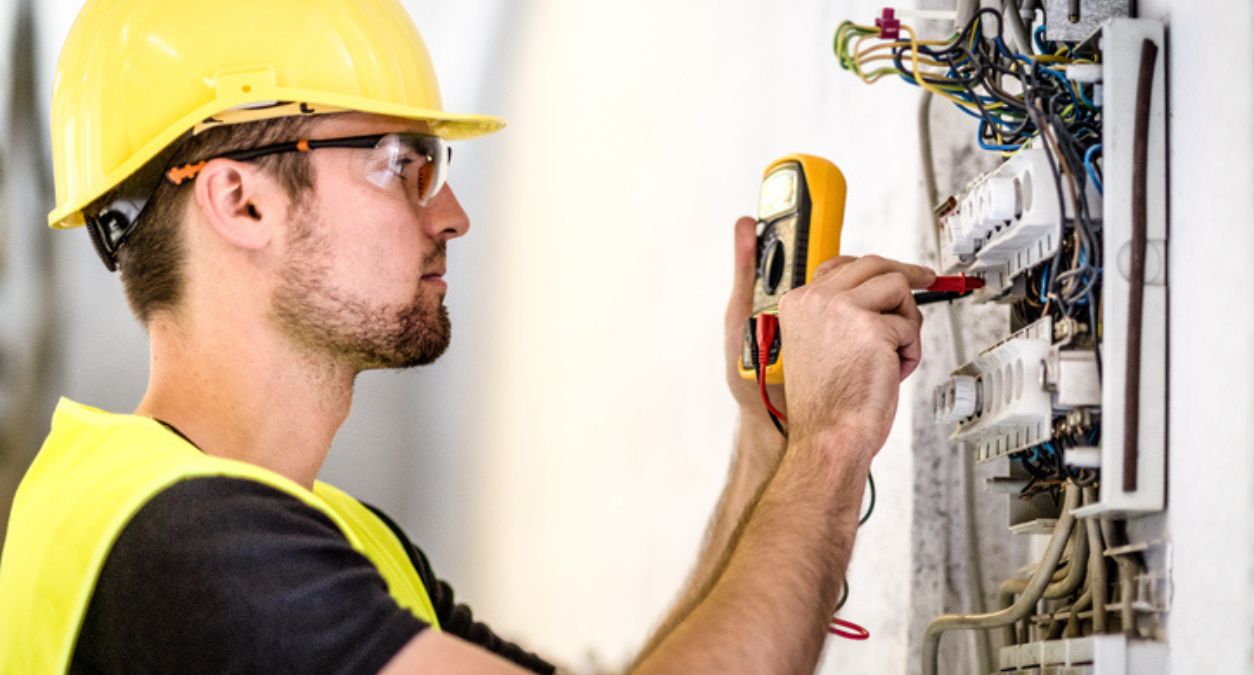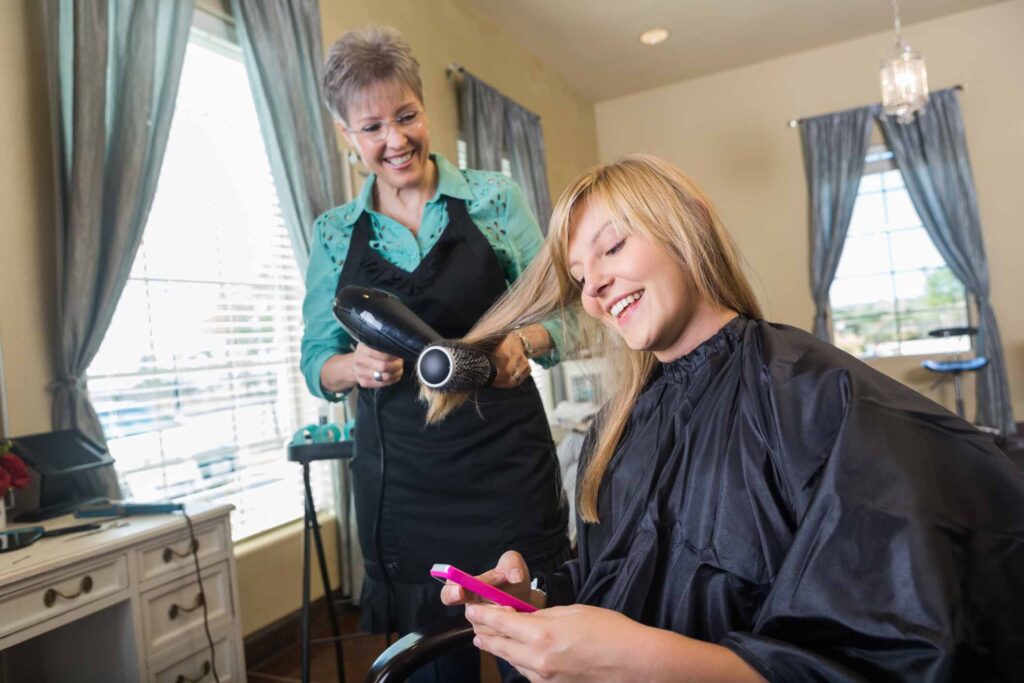Table of contents
Table of contents
Implementing sustainable catering practices has many benefits. Not least, the fact that it will help reduce your environmental footprint, while also appealing to a growing market of consumers who place a lot of value on sustainability.
You’ll be able to help mitigate climate change, protect ecosystems and improve the quality of life for many. Necessary elements of sustainable catering are considering sourcing, reducing water usage, energy consumption, and waste. By conserving these, caterers not only reduce their operational costs but also contribute to the responsible management of finite natural resources.
In this guide, we explore how to adopt sustainable food catering and the reasons why it’s so important.
Get Caterers Insurance from Protectivity
*Disclaimer – This blog has been created as general information and should not be taken as advice. Make sure you have the correct level of insurance for your requirements and always review policy documentation. Information is factually accurate at the time of publishing but may have become out of date.
Last updated by























